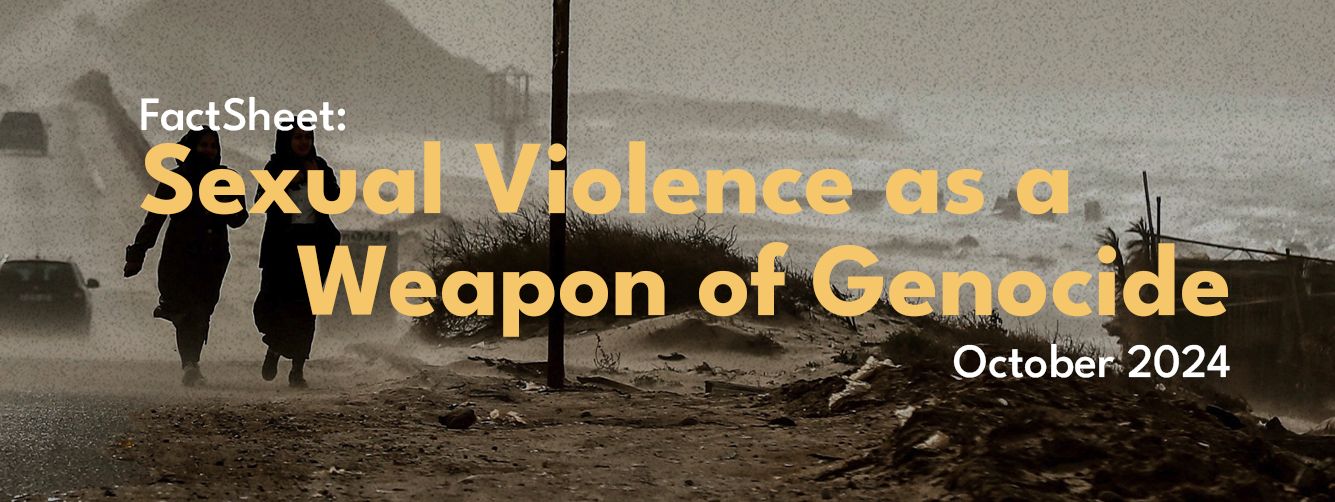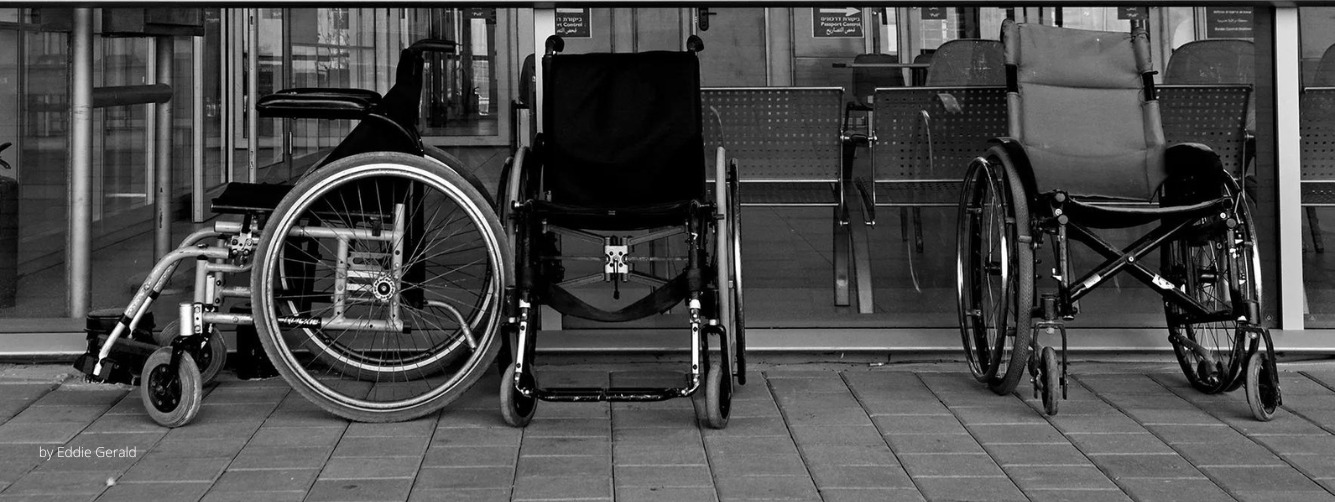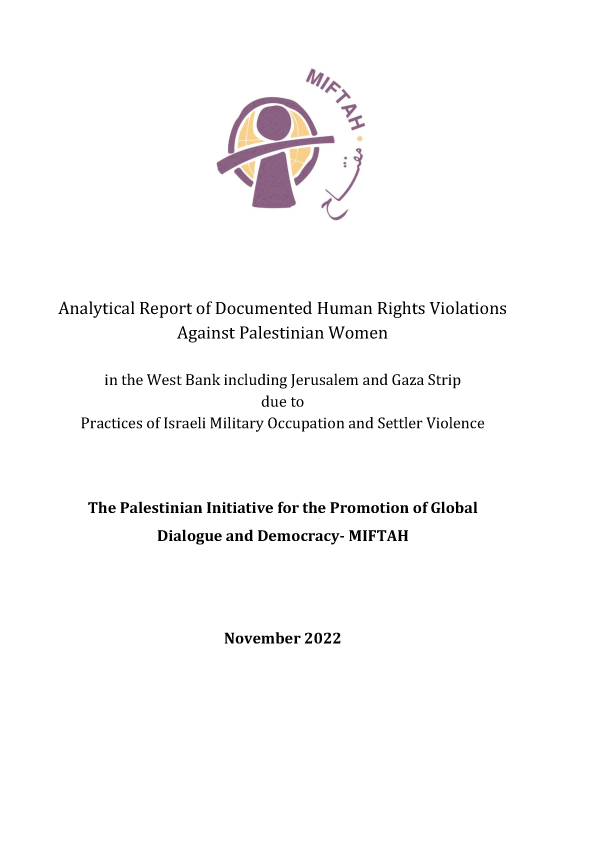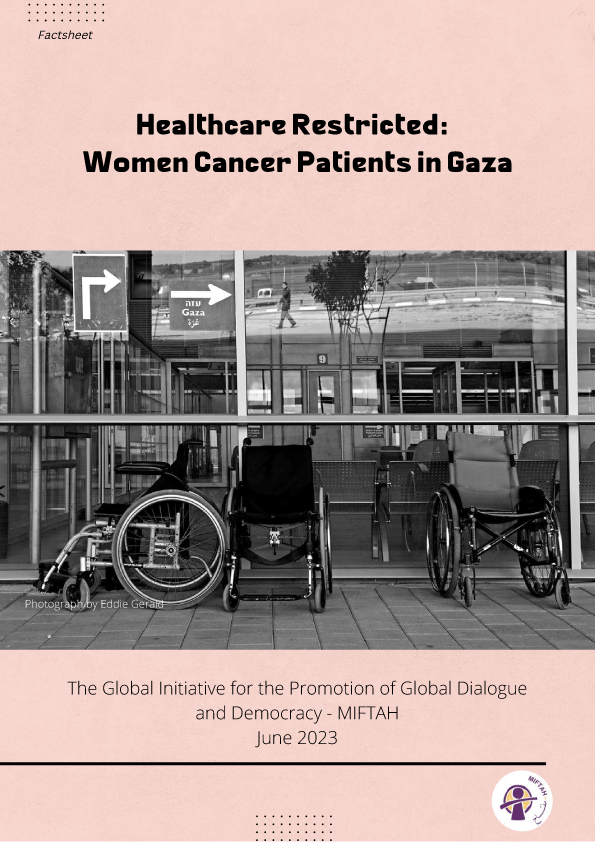UN agencies1 recently undertook an analysis of the humanitarian situation in the oPt. This update reports their findings.
1. IMMEDIATE TRENDS
Since the Palestinian elections in particular, there has been a sharp deterioration in humanitarian situation due to Israel’s tightening of security procedures.
• The Karni crossing between Israel and the Gaza Strip – the main crossing for commercial and humanitarian supplies in and out of Gaza – closed for 21 days between 15 January and 5 February resulting in an estimated loss of $10.5 million.2
• The IDF stated that it closed Karni crossing because of security threats and concerns over the spread of avian flu.
• On 26 February, it was announced that all Gaza Strip flour mills would close as wheat grain stocks are depleted following the closure of Karni crossing.
• The price of sugar has increased by 25% since the closure of the Karni crossing. Current stocks are sufficient for four days.3
• Palestinian casualties have increased throughout the oPt in the month after the elections compared to the month before (at least 34 deaths compared with 15) while Israeli casualties remained the same (1 death prior and 1 death after).
• From 19 – 23 February, the IDF has made four incursions into three locations in Nablus city (Balata refugee camp, the Old City and Kafr Qalil). Eight Palestinians were killed (including three children – aged 17 years) and 32 were injured.
• In the past 4 weeks approximately six Qassam rockets / day have been fired into Israel. Israel has shelled the northern and eastern areas of Gaza with 20-23 artillery shells / day.
• In February, the number of Palestinian children in Israeli detention was 360, representing a 13% increase from January. The average throughout 2005 was 300.
• The number of structures demolished increased sharply since the elections – 48 were demolished since 25 January for lacking building permits.
• There has been a 25% increase in the number of physical obstacles (471 obstacles) blocking Palestinian movement in the West Bank – these include earthmounds, checkpoints, roadblocks, which the IDF states are imposed to protect Israel’s citizens – it compares with 376 in August 2005.
• There has been an acceleration of Israel’s plan to separate Palestinian and Israeli road systems within the West Bank. Palestinian traffic is being diverted from the Israeli restricted West Bank roads through a combination of physical obstacles, movement permits and road barriers. A series of tunnels and bridges separate Palestinians onto alternative roads to traverse Israelicontrolled Area C and Israeli restricted roads.
• These new obstacles have had a negative impact, restricting access to land, markets, services and social relations.
To View the Full FactSheet as PDF (115 KB)








